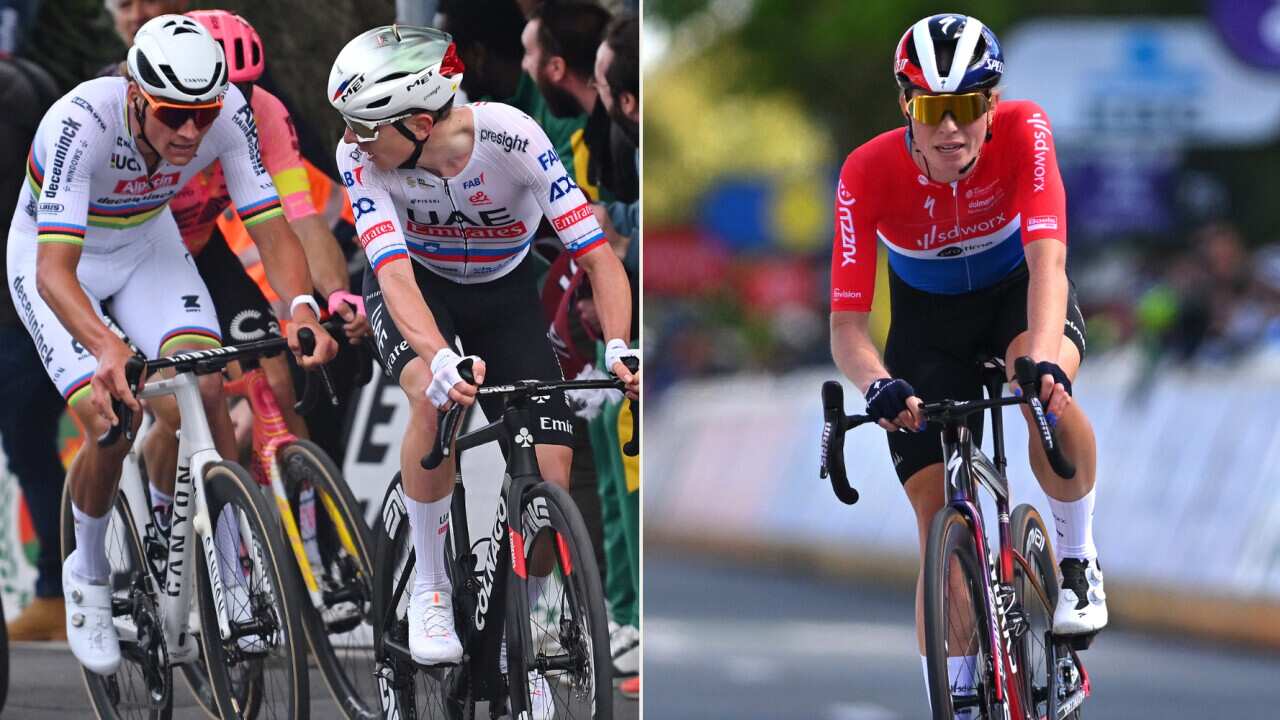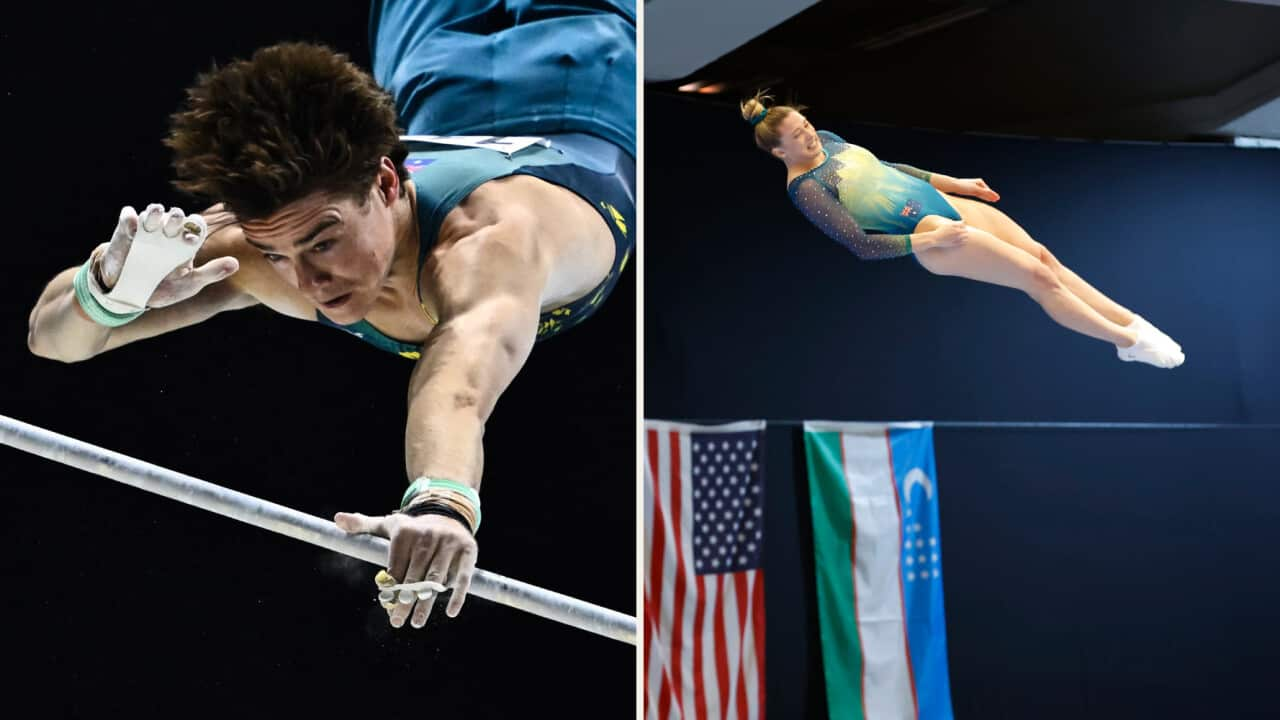So much of the fun of the World Cup is rooted in hope and delusion. But when you feel as though you’ve been let down as much as Argentinian fans have, the river of optimism has run dry.
The commercial features the much-loved Oscar Ruggeri, who won the World Cup in 1986, asking fans why they’ve fallen out of love with today’s national team. Emotional, half-sarcastic replies tumble from faceless voices in the stands that mix anger, bitterness and apathy (“It feels like they don’t even want to play for our country!”), until one woman pleads: “All we ask is that you give us everything!”
At that point, Ruggeri counters: “Sometimes we ask [the players] for more than that. To make our lives happy. To keep us from the cold. We ask less from God.” The commercial ends with a plea: stop the criticism. Let’s support like we used to.
It is refreshingly honest account of an awkward situation; amazingly so considering there’s a product to sell, with the World Cup so close. But sometimes you can’t avoid the elephant in the room.
One of the harsh realities about World Cups is that only one team can win. Strange as that sounds, it is a reminder that the ambitions of most will go unfulfilled over the next month.
No nation has a divine right to qualify, let alone make finals and win them. But Argentina doesn’t have a whole lot going for it: the currency has collapsed, wages have bottomed out. Poverty is rising and politics self-serving. The mood is stormy.
And yet, it is a country that cultivates an entirely different self-image. Far from downtrodden, Argentinians consider themselves sophisticated, cultured people of intellectual pursuits who also have football’s perfect soup: European ideas, South American instincts.
La Albiceleste is meant to act as the national showpiece; a conquering force sent abroad to represent with honour and return with the spoils. These players perform brilliantly for their clubs, after all. And that is half the problem.
An entire generation has grown up and not seen a major international trophy (it’s now 25 years) – all whilst witnessing Lionel Messi, Sergio Aguero, Javier Mascherano, Gonzalo Higuain, Angel Di Maria, Paulo Dybala, Nicolas Otamendi and many others spending at least one night a year, somewhere in Europe, dancing under a fountain of confetti.
For some nations, that would be a source of pride. Once it would have been so for Argentina. But the delicate threads that exist between player and fan have been fraying for some time.
Players are seen as unfairly rich and influential, distracted by the trappings of European currency and global worship. Meanwhile, ordinary people feel left behind in a parallel universe, humiliated by the national team’s failure, which they suspect is a result of the players’ apathy towards international football.
Even if this logic isn’t entirely rational, it should be acknowledged and understood. Why? Because fans’ emotions (and therefore their wallets) are what makes the professional game go round. Perception can drive reality.
The personification of all these problems, unfortunately, is Messi. He left for Barcelona so early (at just 13) that his bond to the homeland is considered secondary to his place in Catalan culture, where he sits with Cruyff, Picasso, Gaudi and Guardiola. Argentinians have no idea how to feel about somebody who didn’t struggle alongside them.
Unfortunately, until Messi wins something for his country he will always be trapped in this prism. The disappointment of three losing finals was so great that he temporarily quit international football after the last Copa America. Between this upcoming month, and next year’s Copa America in Brazil, time is almost up.
Strictly speaking, Messi owes Argentina nothing. None of the players do. Yet they are saddled with this expectation; not so much a hope as an unrealistic dichotomy. Prove that you haven’t forgotten us – by winning. It’s the heaviest of burdens. In a way, Argentina has already lost, before a ball has even been kicked. The beer commercial admits this.
Perhaps the country should heed a lesson, not from Messi or Ruggeri, but from the man all Argentinian footballers are unfairly compared against, and he who did win the World Cup, Diego Maradona.
"In some ways I think too much was made of it. By winning the World Cup, we didn’t change the world, we didn’t bring down the price of bread,” he said of the team’s victory in 1986. “It was a lovely thought that football players can solve people’s problems. I wish we could. We’d all be better off.”










